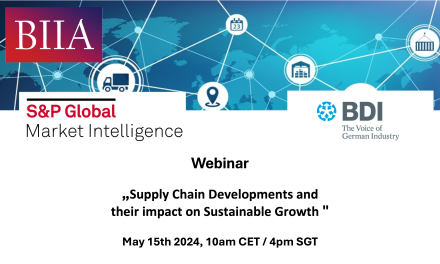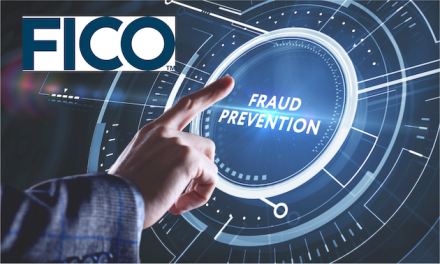“Procurement should refuse to be duped and instead drive meaningful change”
– Stephen Ashcroft, strategic adviser at Reskind
“Greenwashing is rampant in the business world. It erodes trust, slows progress and undermines the genuine sustainability efforts we desperately need. But don’t worry ethical buyers, you are the shining knights in this battle against deceitful greenwashing dragons. To kick greenwashing to the curb, we need to commit to truthfulness. Align your own sustainability claims with real actions and measurable results. Don’t just slap a ‘green’ label on your product like a Post-It note – get down and dirty with robust data collection, strict reporting standards and third-party verification.
But we can’t stop there. We must go beyond words and dive headfirst into action. Proactively disclose your sustainability practices and goals. Showcase your progress and let stakeholders evaluate your integrity. Conduct comprehensive lifecycle assessments, audit your supply chain, and analyse your environmental impact. Here’s the kicker: don’t get complacent. Stay adaptable, embrace scientific advancements, and evolve your best practices. Set ambitious yet realistic targets and keep pushing for improvement. And remember, don’t fall into the greenwashing trap yourself. Stay vigilant and stay true.
But we can’t do this alone. Let’s collaborate with industry peers, regulatory bodies, NGOs and those everyday champions, the consumers. Together we can establish shared standards, certifications and reporting frameworks to expose greenwashing for the dirty trick it is. So, my friends, if not procurement, then who? If not now, then when? Refuse to be duped and make a stand for truth. By doing so, we’ll reinforce the credibility and value of procurement, restore trust, drive meaningful change and create a more sustainable future.
Together, we’ll wipe out greenwashing and drive positive change, one ethical purchase at a time.”
 “There’s no point in making grand statements that aren’t realistic”
“There’s no point in making grand statements that aren’t realistic”
– Paul Johnstone, chartered procurement manager and MD at Optimum Business Growth
“Companies are being asked to produce carbon management plans and demonstrate their commitment to achieving net zero, but with that comes a slew of potential for greenwashing. You’re damned if you do, damned if you don’t. Procuring companies obviously have to try and set a carbon benchmark, to compare businesses on a like-for-like basis, but without standardisation, everybody’s trying to catch up as they go along. Sustainability is becoming a key decision-making factor when it comes to winning contracts.
Firms need to be getting started now, or they’ll be left behind. It’s not about becoming a net zero company today, but what small things you can do over the next 12 months before reviewing plans. After that, reset the benchmark, try again, and keep going. There’s no point in companies making grand statements about taking the carbon footprint they currently have down to net zero tomorrow – that’s just not realistic and people, particularly procurement people, will be able to see through it. Firms need a credible, tangible plan with sensible metrics to say they realise where they are, and they want to go in the right direction. That’s what will turn heads, rather than extreme claims made without realistic goals. Start with something.
The narrative from procurement of ‘doing the right thing’ needs to focus on changing mindsets because businesses care about the bottom line. They will do things as long as it makes sense financially. There are really good opportunities to make financial sense through changing business habits. The narrative has to change to one where people are implementing sustainability plans because they want to, but also to see the financial benefit of it. As a result, you then make good sustainable choices that improve your environmental performance. There’s no point in saying ‘let’s push it to the side or leave it until next year’.”
 posted by Supply Management in Ethics, Procurement, Sustainability 29 August 2023
posted by Supply Management in Ethics, Procurement, Sustainability 29 August 2023
Source: Cips.org



























